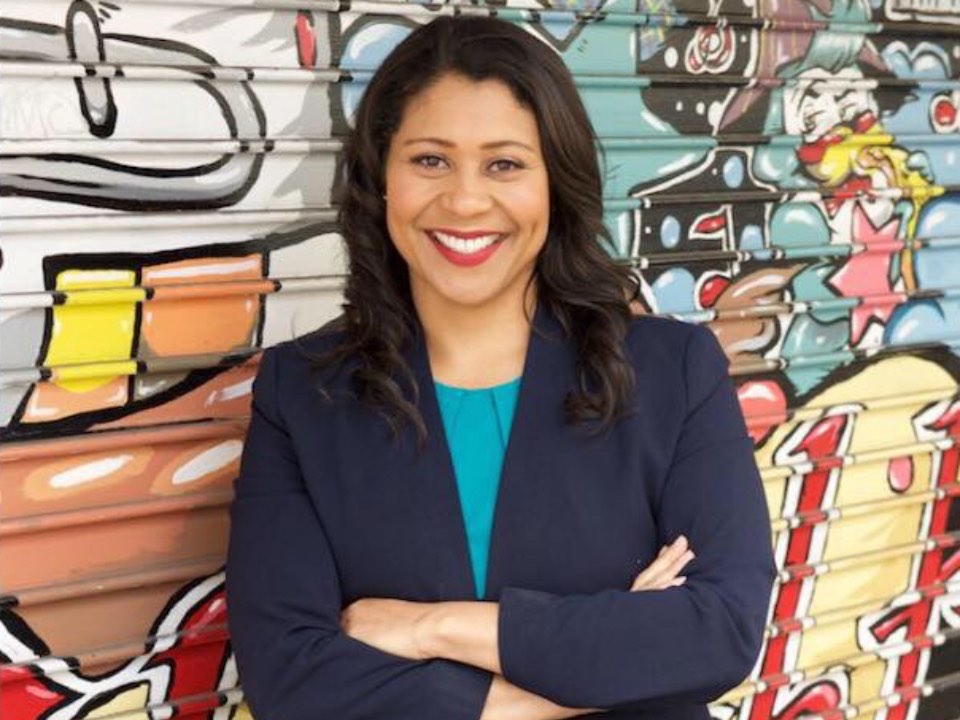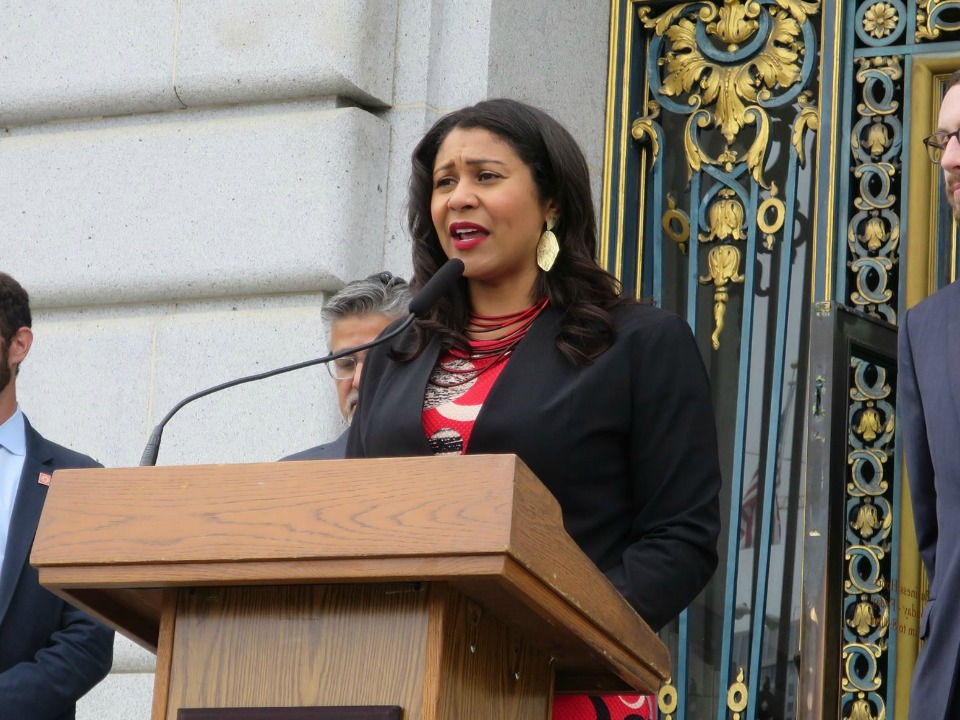When San Francisco’s interim mayor London Breed, a moderate African-American woman, was replaced by Mark Farrell, a white male venture capitalist, uproar was expected. But the choice to replace Breed with Farrell was multifaceted, and there was far more to the decision than meets the eye. In fact, the replacement was influenced by everything from the tech industry to simple checks and balances, and was further complicated by racial dynamics. So in order to break this down, and see both sides of the argument, let’s start from the beginning.

When San Francisco mayor Ed Lee passed away, the local government looked to the city charter which mandates that, in the event of the mayor’s death, the president of the Board of Supervisors (San Francisco’s equivalent of a City Council) shall become acting mayor. The board president at the time of Ed Lee’s death was London Breed. So as December 12, 2017, Breed was San Francisco’s interim mayor. For many San Franciscans, this seemed like a positive change in the midst of a tragedy. Lee was the first Asian American mayor of San Francisco, so it seemed fitting that his replacement would be the first woman of color to hold that position. A special election to select the new mayor is scheduled for June 5, 2018, but until then, the Board of Supervisors wanted to appoint an interim successor.
The Board could choose to keep Breed, or replace her. The main reasoning behind appointing an interim mayor for this short, pre-special election campaign period is to prevent an incumbent advantage. In other words, if Breed runs for mayor in June while in the (unelected) position of interim mayor, her incumbency may give her a significant advantage. Not only will she have gained name recognition, but she will have had time in the mayor’s office to prove herself and show what she is capable of. As Jim Ross, a local political consultant, stated, “The best way to be elected to being mayor is to be the mayor.” So to prevent such an advantage, many Board members wanted to appoint a “caretaker” mayor. A “caretaker” mayor would pledge not to run for mayor in the June 2018 special election, therefore eliminating an incumbent advantage. And for the five progressive board members, Aaron Peskin, Jane Kim, Sandra Fewer, Norman Yee, and Hillary Ronen, appointing someone else to act as caretaker mayor would hopefully block moderate Breed’s election to mayor and allow for a more progressive candidate to win.

Breed, however, is not just a black woman who struggled through a difficult San Franciscan upbringing and rose up through grassroots activism. What differentiates Breed from her progressive background and solidifies her as a moderate, however, is her current connection to the tech industry– and her backing by prominent Silicon Valley investor, Ron Conway. The tech industry is the heartbeat of San Francisco. But for many politicians, it is their biggest attacker. Since the industry has so much pull in this area, it is common for politicians to be held back by its wants and needs– and to be attacked if they don’t put the industry’s interests first. So for most progressive politicians, the tech industry is their biggest opponent. And Ron Conway, a big political backer of Breed, is one of the biggest names in terms of the tech industry’s political influence. So while the powerful imagery of a black woman being thrown out of office in a city that has a long history of discrimination against blacks is prominent, her connection to big business and tech cannot be ignored.
But, in terms of race politics, can we really say that Breed’s status as an African-American female should have no value? According to Rev. Amos Brown, head of the N.A.A.C.P. in San Francisco and the pastor of Third Baptist Church, ousting Breed is further proof of the lack of recognition of blacks in San Francisco. “There’s never been an intentional effort on the so-called progressive liberals of this town to work with the black community so that we would have our fair share,” he said. So should Breed be written off so quickly simply because of her ties to the booming tech industry? Or should she be recognized as a crusader for black San Franciscans and a representative of black women, who have repeatedly made a difference in the progressive agenda across the country? The Board of Supervisors made their stance clear when they voted to replace Breed with Farrell this past Tuesday.
London Breed was appointed Acting Mayor of SF after Ed Lee's death — and then removed 6 weeks later. @mlagos & @scottshafer will interview her on @KQEDnews #PoliticalBreakdown tonight. What would YOU ask her?
Subscribe to the podcast now: https://t.co/7Nkd5A19md pic.twitter.com/kADuCAs0aO
— KQED (@KQED) February 8, 2018
It is almost impossible to know the true motivation behind the 6-3 vote that led to Breed’s replacement. Is it truly to prevent unchecked authority and a conflict of interest? As both the president of the Board and the interim mayor, Breed would have much more unchecked power, as well as an incumbent advantage in the upcoming special election, whereas Farrell is not running for mayor. Is it to try and rid local politics of the overwhelming influence of the tech industry and overall big business and return the power to the people? Or is it simply another move in the progressive’s playbook to gain power and win elections at the expense of minorities? After all, “They said they didn’t want a white rich person in charge and then they put a rich white person in charge,” said Peter Ragone, a Democratic political consultant in San Francisco who was the communications director for a former mayor, Lt. Gov. Gavin Newsom. “What I’ve learned over the years in San Francisco is that for progressives it is not about conscience or ideology, it’s about power.”
The board members’ true motivations will most likely be revealed as the special election rolls around, but in June, the voices of the San Franciscan people will be heard when they decide who they want to elect as their next mayor.
By: Cianna Allen

